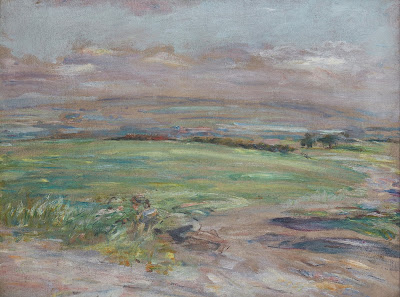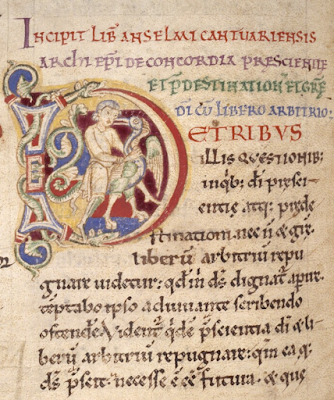A tale of three cities (Part Two)
Tampa, Florida. Labor Day weekend.
The kayaks have arrived.
So too has the all-day rain.
We have not yet been out on the lake.
Washington, D.C., Thursday, 8 September.
On my way back from teaching the first third of the Phaedo, the dialogue that recounts the death of Socrates, I hear some buzz from students about the Queen's health. "They're calling the family in." Back in my office, I connect to BBC News. Huw Edwards is leading the coverage of Her Majesty's death capably and with dignity.
It would of course be silly to say that I thought the Queen would never die, and the death of a 96-year-old is not in itself surprising -- though it's a bit surprising when it happens just two days after she has welcomed her fifteenth prime minister, looking physically diminished but still cheerfully meeting the demands of her role.
There are those who wonder whether it is appropriate for Americans to mourn the Queen. I say it's always appropriate to mourn an extraordinarily talented, capable, and devout laywoman who exemplified selfless dignity and talked about the Lord Jesus every chance she got.
"Servant, well done."
*****
I tear myself away from the BBC to meet with a fellow medievalist. We go for tea and take turns seeing who can be more boring with the arcane details of our work.
I think we both win.
Washington, D.C., and then Tampa, Friday, 9 September
Before I leave for the airport, I have a Zoom meeting with a web designer to decide on my "brand." It doesn't help that I've been rereading the Purgatorio, which is structured according to the seven capital vices, but I have an uncomfortable feeling that I'm implicated in, at least, vainglory, and perhaps also avarice. Still, I quite like the logo she came up with:
Try not to judge me any more than I'm already judging myself.
*****
The preacher for Sunday has COVID. Can I sub for him? I quickly check the lectionary before saying yes.
St Petersburg, Florida, Sunday, 11 September
The sermon that came to me is . . . very personal. Very emotional. I'm a little worried about how it will go. I certainly don't want to get choked up. I mean, tacky. What would John Henry Hobart think?
Fortunately, I spend the whole second stanza of the sequence hymn ("There's a wideness in God's mercy," to St Helena, because we're that kind of parish) Having a Moment, which clears the decks for a reasonable degree of emotional control.
If you have any interest in hearing my testimony, here it is.
"O to grace how great a debtor daily I'm constrained to be."





Comments
Post a Comment